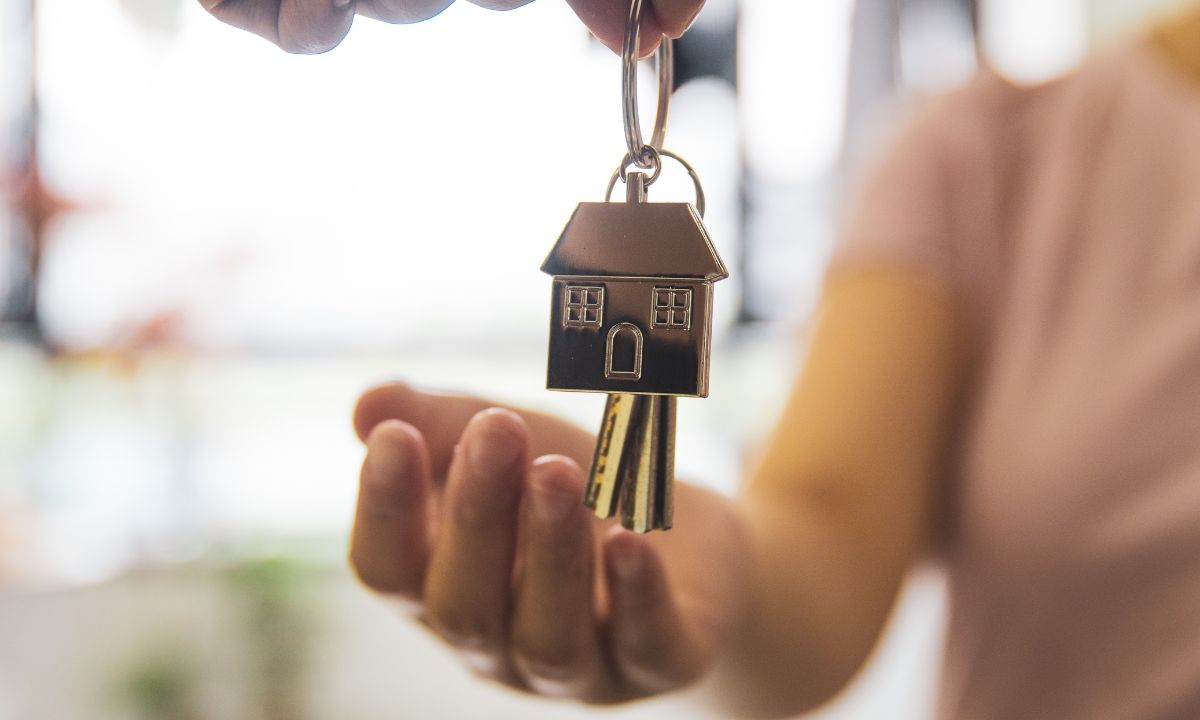
Purchasing a home is one of the most significant financial decisions you’ll ever make. It’s not just about having a place to call your own, but also about making a long-term commitment that requires careful consideration and planning. So, how do you know if you’re ready to buy a home? Here are some key factors to consider.
1. Financial Stability
Your financial health is the first and most crucial factor to evaluate. This includes having a steady income, a solid savings cushion, and a good credit score. Your credit score will significantly impact the mortgage rate you qualify for, so ensuring it’s in good shape is essential. Additionally, having enough savings for a down payment (typically 3-20% of the home’s price) and other upfront costs like closing fees and moving expenses is vital.
2. Debt-to-Income Ratio
Your debt-to-income (DTI) ratio is a key metric lenders use to determine your ability to manage monthly payments. The DTI ratio is calculated by dividing your total monthly debt payments by your gross monthly income. A lower DTI ratio indicates that you have a good balance between debt and income. Most lenders prefer a DTI ratio of 43% or lower. If your rati
o is higher, you might need to work on paying down debt before applying for a mortgage.
3. Long-Term Goals
Buying a home is a long-term commitment, so it’s essential to align this decision with your future goals. Are you planning to stay in the same area for the next five to ten years? Are you ready to take on the responsibilities of homeownership, such as maintenance and repairs? If your lifestyle is still in flux, renting might be a better option until you’re more settled.
4. Market Conditions
The real estate market can vary significantly from one area to another and over time. It’s crucial to understand the current market conditions in the area where you’re looking to buy. Are home prices rising, stable, or falling? Are interest rates favorable? Working with a knowledgeable real estate agent can help you navigate the market and make an informed decision.
5. Personal Readiness
Beyond financial readiness, consider your emotional readiness. Homeownership comes with its set of challenges and stresses, from dealing with unexpected repairs to the pressure of long-term financial commitment. Ensure you’re mentally and emotionally prepared for the journey.
6. Pre-Approval for a Mortgage
Getting pre-approved for a mortgage is a practical step that not only helps you understand how much home you can afford but also shows sellers that you’re a serious buyer. The pre-approval process involves a thorough review of your financial situation, giving you a clear picture of what to expect.
Determining whether you’re ready to buy a home involves more than just having enough money for a down payment. It requires a comprehensive evaluation of your financial stability, long-term goals, market conditions, and personal readiness. By carefully considering these factors, you can make a well-informed decision and take the exciting step toward homeownership with confidence. Have any questions? Give us a call to help walk you through the process.
 Homes & Real Estate
Homes & Real Estate Planning for retirement is an essential aspect of securing a comfortable and financially stable future. While traditional retirement accounts and investments play a significant role, incorporating real estate into your retirement plan can provide additional benefits and opportunities for growth. Here’s how real estate can be a valuable component of your retirement strategy and some tips to help you build a strong financial future.
Planning for retirement is an essential aspect of securing a comfortable and financially stable future. While traditional retirement accounts and investments play a significant role, incorporating real estate into your retirement plan can provide additional benefits and opportunities for growth. Here’s how real estate can be a valuable component of your retirement strategy and some tips to help you build a strong financial future.